

Origins of the Family, Private Property, and The State by Engles - Incredibly foundational for any discussion of queerness and Marxism. Doesn’t really need much introduction.
Make Way for Winged Eros by Alexandra Kollontai - There’s a section in here which Is a historical materialist account of the history of Love. It doesn’t address queerness outright, but it doesn’t take a huge leap to see how Kollontai is outlining the ways that homosexual subcultures were prevalent in early forms of class society.
Caliban and the Witch by Sylvia Federici - Though principally about the oppression of Women, this book is a Marxist account of the early modern witch hunts, their relationship to enclosures of the Commons, and Colonialism in the Americas. Federici is principally concerned with how this process impacted cis women, but it applies just as much to queer people, as both groups were violently forced into more regimented roles in the process of reproductive labor. This brought with it a renewed conception of “women’s” work as being tied to the home, and a systematized valorization of hetronormativity.
Capitalism and Gay Identity by John D’emilio - basically what it says on the tin. D’emillio is building off of Engles, and lookhe political economy of the family, and how it relates to that labor socialization process that I talked about. As queer people are forced into environments of socialized labor, they started forming independent cultures and conceptions of self, under industrial capitalism, which would set the stage for modern queer organizing.
Transgender Warriors by Leslie Feinberg - my favorite book on this list, and one that ties all the others on this list together. Feinberg is doing an historical materialist analysis of transness, which can be broadly applied to queerness generally. I would probably read this first, as it’s pretty accessible. It patches some holes in Federici’s book, by looking at how that witch hunt process also punished gender nonconformity, fleshes out stuff that Kollontai only hints at, and is just a really fantastic work of historical materialism.

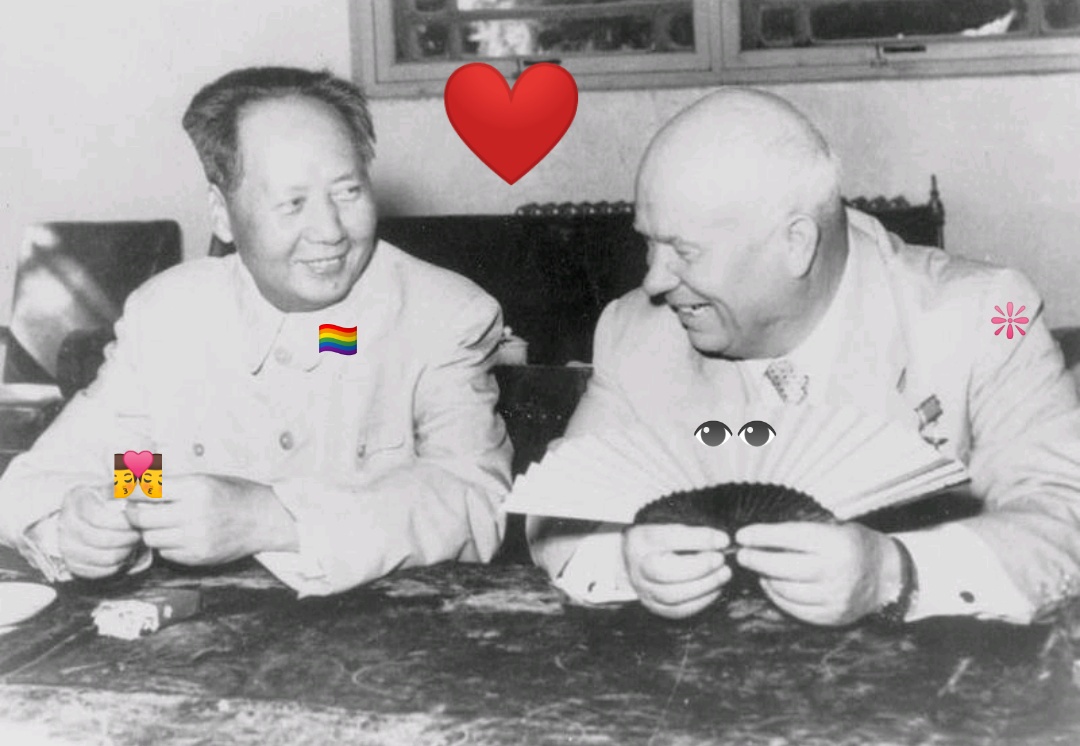


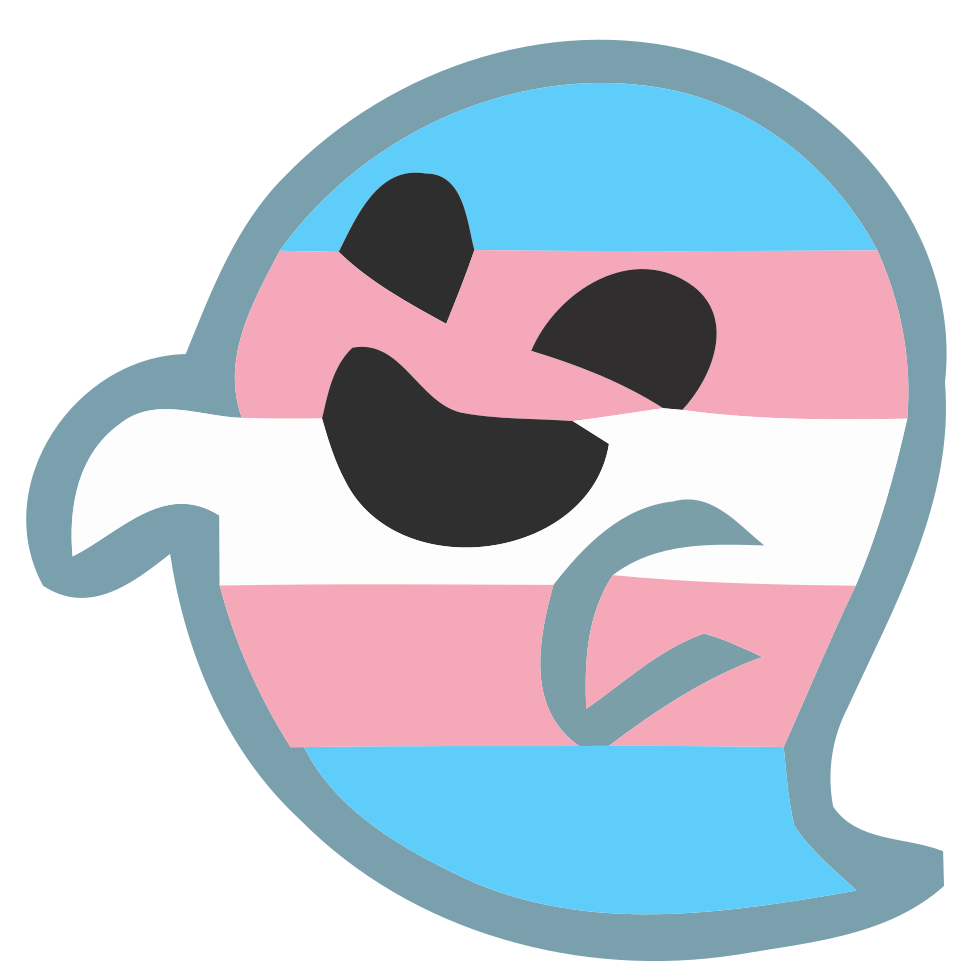

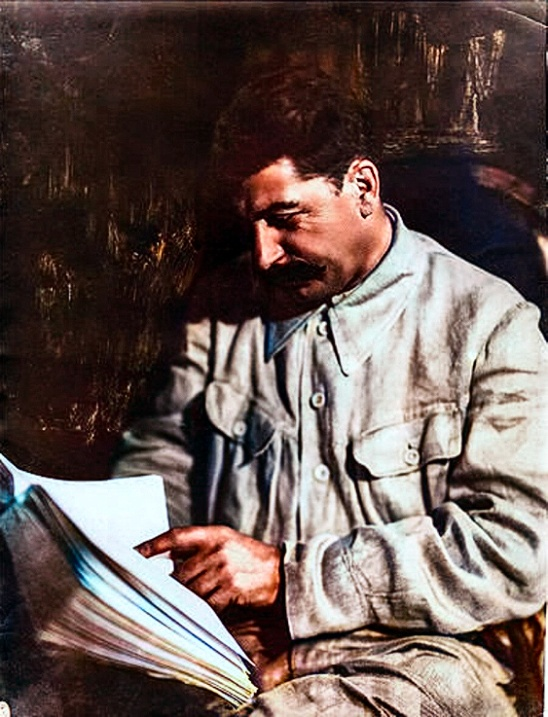
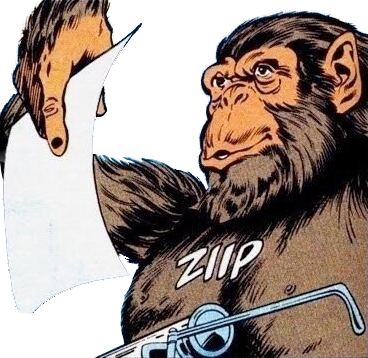
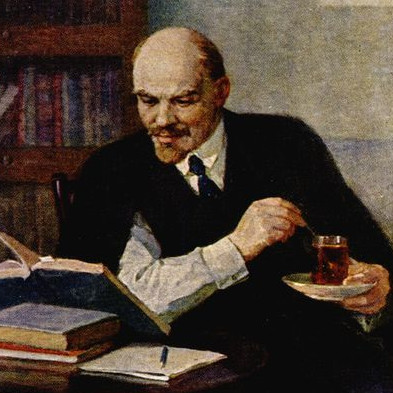




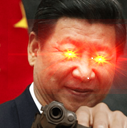





Counterpoint: they are the left wing of fascism